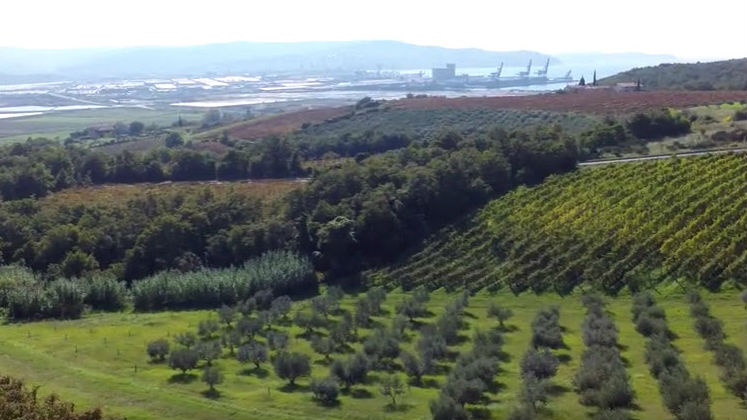EcoPorts Celebrates 20 Years

The EcoPorts network, initiated in 1997, the year the Kyoto Protocol was signed, is celebrating 20 years of initiatives for ports to raise awareness, exchange information and promote better environmental management.
Today, the network consists of around 100 European ports within the European Sea Ports Organisation (ESPO).
Participating ports complete a Self Diagnosis Method by filling in a checklist of more than 250 questions. This enables the port to assess its environmental management program against the benchmark based on EcoPorts members’ performance and international standards. Each participating port can see its performance and assess improvement in a fully confidential way since individual data is not published. At the same time, ESPO is able to provide aggregated data, an at-a-glance summary of the environmental management performance of its member ports.
The second EcoPorts’ tool, the Port Environmental Review System (PERS), is claimed to be the only port sector specific environmental management standard. Although there is plenty of guidance available on general environmental management, the often highly specialized nature of the environmental challenges in the port area that port authorities face, means that a “custom-made” approach is absolutely vital, says Sotiris Raptis, Senior Policy Advisor for Environment & Safety and EcoPorts Coordinator.
While incorporating the main generic requirements of recognized environmental management standards, PERS, which is independently certified by Lloyd’s Register, is adapted to deliver effective port environmental management. “PERS is really the flagship product of EcoPorts with 25 ports being currently PERS certified,” says Raptis.
“EcoPorts helps European ports be at the frontline taking initiatives to protect the environment, improve public health and address the challenges of climate change. Air pollution and energy efficiency are already ports’ top two environmental priorities, and in that sense EcoPorts’ services have significantly contributed towards the sustainable management and development of port operations.”
Raptis says the latest Self Diagnosis Method includes indicators on shore power, LNG and green charging. Both the Self Diagnosis Method and PERS are now listed as a source of good international industry practices by the World Bank.
Ports, coastal cities and their local communities are amongst the most vulnerable to extreme weather conditions resulting from global warming. At the same time, air quality is a top priority with 90 percent of European ports being close to urban areas. “Over the course of the last 14 months, we welcomed two tremendous developments in environmental protection; the adoption of the Paris Agreement and the introduction of the global 0.5 percent sulfur cap on marine fuels in 2020,” says Raptis.
“Developed and developing countries agreed to take immediate action to address the global threat of climate change and keep the increase of global temperature below two degrees, while IMO’s new measure is expected to bring enormous environmental and public health benefits.
“We are celebrating 20 years of EcoPorts aiming to strengthen the network and assist more European ports in being at the frontline taking initiatives to protect the environment, improve public health and address the challenges of climate change.”
